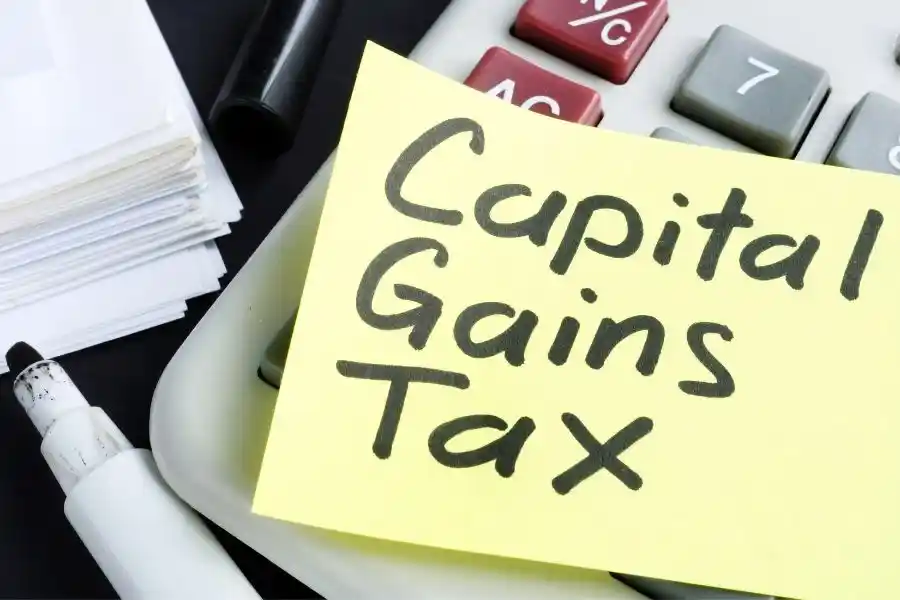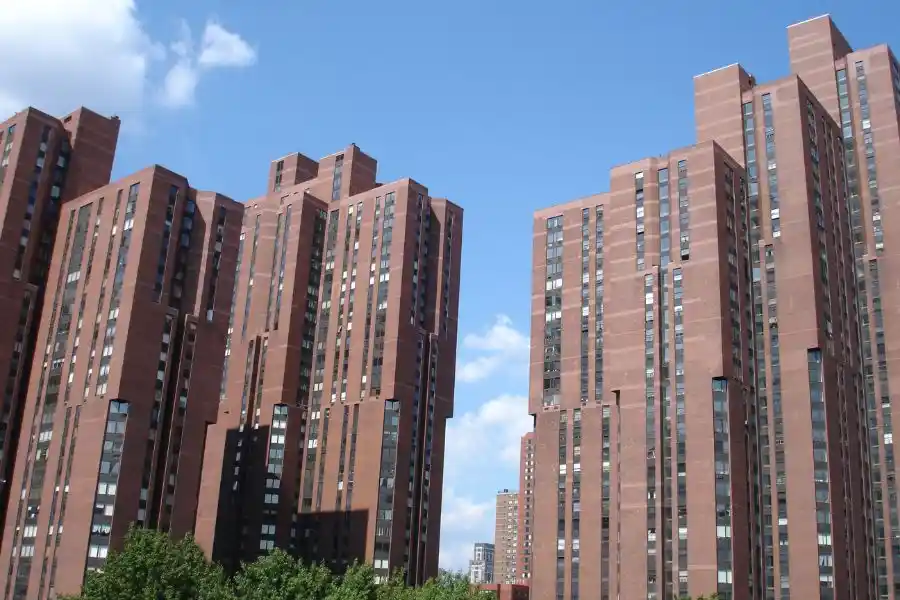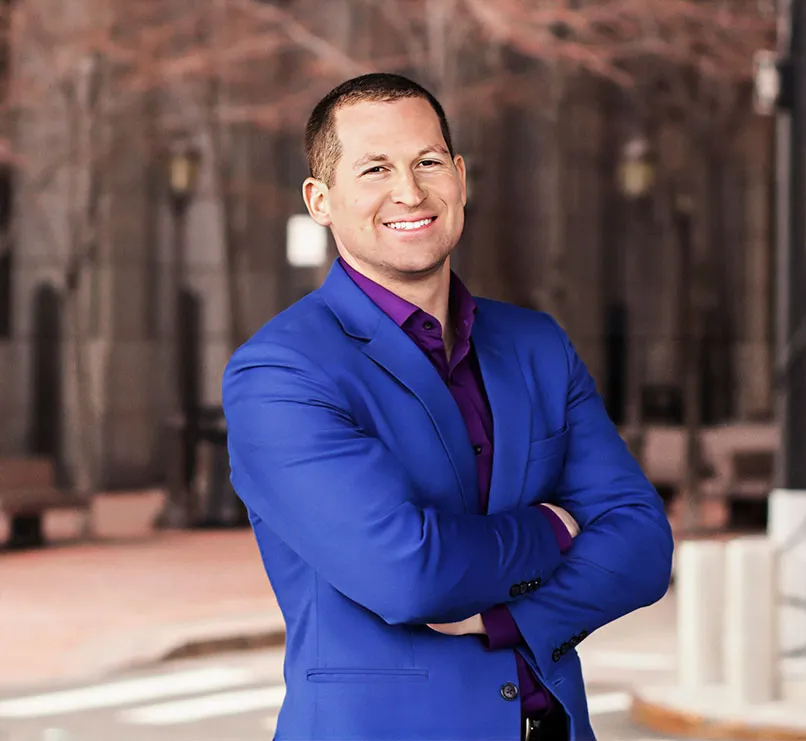Whether you are buying a building and wonder if it has air rights or you are looking to buy air rights, one important question you need an answer to is: How do I find out if a building has air rights in NYC? Fortunately, the city government has provided the answer.
Identifying A Building’s Air Rights
There are two questions here—whether a building has air rights and whether or not it still has them. The first is a calculation question, and the second is related to records. There is no city-wide database of building air rights, but if you know the lot size, total built area of the building, and the zone it’s in, you can easily calculate whether it has air rights or not.
Now, if the building’s air rights have been sold, a record of this sale is available on the city-wide database called Automated City Register Information System (ACRIS). If the rights have already been sold, you can do nothing about it, but you may factor it into your buying/investment decision.

You can always ask the building owner, but many may not have calculated it in the first place.
If you are buying a building and want to know if it still has its air rights, it’s a good idea to start with the second step (going through ACRIS for the records). If they have already been sold, then calculating them is moot. But if there is no such transaction in the building’s history, you may consult your New York City broker to figure out whether it’s a factor worth considering in your bid for the building.
Must Read: The Process of Buying A Condo in NYC












